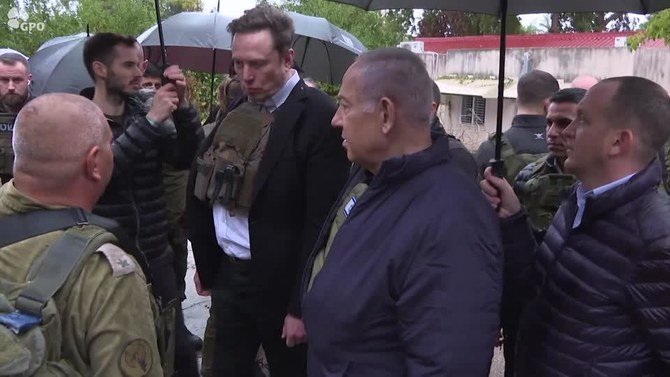Hamas invites Elon Musk to visit Gaza to witness destruction. The Palestinian group Hamas has extended an invitation to Elon Musk, the CEO of X (formerly known as Tesla) and the world’s wealthiest individual, to visit Gaza and witness the aftermath of an Israeli attack.
The invitation comes on the heels of Musk’s meeting with Israeli Prime Minister Benjamin Netanyahu.
Elon Musk recently visited Kfar Aza, near the Gaza border, where numerous casualties resulted from attacks by Hamas militants.
Following his visit, a senior Hamas official issued a statement inviting Musk to witness firsthand the extent of the destruction and casualties inflicted upon Gazans.
The invitation emphasizes the importance of maintaining objectivity and credibility in assessing the situation.
The invitation comes amidst controversy surrounding Musk’s social media activity. The CEO endorsed a post that made controversial claims about Jews, accusing them of harboring animosity towards whites.
Musk, in response, asserted that everyone has the right to take pride in their race except for white people.
He called for an end to misinformation, expressing concern about its potential to shape future generations into killers. Musk also expressed a hopeful vision for Gaza’s future prosperity.
Also read: Israeli mother expresses gratitude to Hamas for good treatment during captivity
In a separate development, Musk had previously agreed not to provide internet access to Palestinians without Israeli approval, offering his satellite company, Starlink, as a potential solution.
This decision has garnered attention and raised questions about the intersection of technology, geopolitics, and corporate responsibility.
Musk’s visit to Tel Aviv coincides with criticism directed at him for his social media posts, leading to the withdrawal of advertisements from the X platform by some companies.
As Hamas invites Elon Musk to visit Gaza to witness the destruction, the controversy surrounding Musk’s statements adds a layer of complexity to his involvement in the region and underscores the challenges faced by high-profile figures navigating sensitive geopolitical issues.
